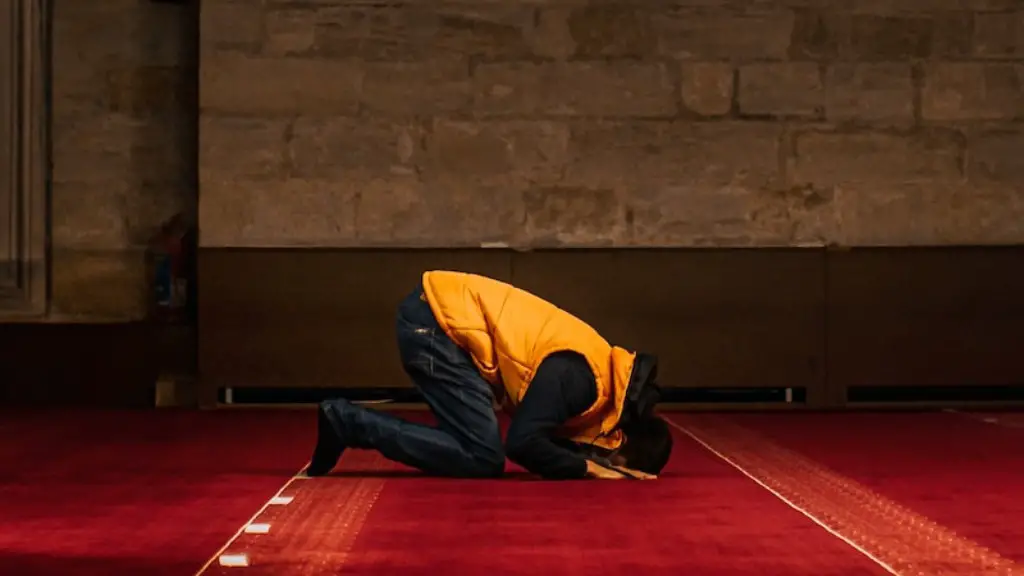The Emergence Of Christianity In Ireland
In 431 AD, the Christian church in Ireland began to grow when Pope Celestine sent a Bishop , Palladius, to the Irish. Prior to this, the country was heavily influenced by Druidism. With the coming of the Roman Empire, Christianity had become an established religion elsewhere and so made its way to Ireland. However, the full arrival of Christianity in the country is often attributed to St Patrick – an important figure in Ireland’s history and culture.
St Patrick was born in Britain around 385 AD into a wealthy Christian family. When he was 16, he was kidnapped and taken to Ireland as a slave, where he worked as a shepherd. During this time, he grew closer to his faith and learnt more about it, until he had a vision telling him to leave the country. After six years of slavery, he escaped and went back to Britain.
He spent the next 15 years studying in a monastery before being sent back to Ireland as a Bishop to convert the Irish to Christianity. St Patrick believed in a peaceful approach to conversion and actively sought dialogue with local leaders. He travelled around the island, set up churches and monasteries and preached to large crowds of people. His mission was a success and by the end of his life, most of Ireland was firmly Christian.
Today, St Patrick is celebrated as the father of Christianity in Ireland and he is regarded as a major cultural figure. This is not to say that Christianity was solely brought to Ireland by St Patrick, however. He was only able to convert the Irish because of the long history of contact between Ireland and the Roman Empire, which had seen the spread of Christianity elsewhere.
Catholicism in Ireland
Following St Patrick’s mission, Catholicism became the main faith in Ireland and, for centuries, it deeply influenced all aspects of life in the country. The Catholic Church had a strong presence in politics and government, and it shaped education and the media. Churches and monasteries also formed a key part of towns and villages.
Catholicism has a long history in Ireland, but this has been challenged in recent decades. Unlike other countries in Europe, where the decline of Catholicism began in the late 19th Century, in the 20th and 21st Centuries, the Irish Catholic Church has been hit with a series of scandals and accusations of abuse. This has led to a huge decline in membership and a shift away from traditional views and beliefs.
Despite this decline, there are still many Catholics in Ireland and it remains an important part of many people’s identity. It has also spawned a generation of vibrant and exciting new religious movements, such as Earth-based religions and humanist movements. These new forms of spirituality are allowing people to explore their faith in different and innovative ways.
The Role Of The Irish Language
The Irish language has always been a powerful tool for connecting the Irish people to their faith. For centuries, Irish monks travelled across the globe, bringing Christianity with them and translating holy books into the native language. This had a huge impact, as the Irish language was used to express Christian beliefs and ideas.
Today, Irish is still used to express religious beliefs and to connect people to their faith. Although the language has declined in use, particularly in the south of the country, there is still a strong religious context to it. This can be seen in the country’s churches, where many of the prayers and hymns are sung in Irish. It is also used to describe many Christian themes, such as Beannacht (Blessings) and An áirde (The Lord’s Prayer).
For many people in Ireland, both religious and non-religious, the Irish language has a deep personal and spiritual significance. It connects them to the past, to their faith and to their own identity. For this reason, it remains an important part of Irish culture and society.
The Impact of Christianity on Irish Culture
Christianity has had a huge impact on Irish culture and has shaped many aspects of national life. From art and music to literature and language, the influence of Christianity can be seen everywhere. The Christian ethos of compassion and morality is still embedded in Irish society, as is a sense of justice and fairness.
It has also had an influence on Irish identity and has been the source of many of the country’s symbols and traditions. Examples of this can be seen in the national flag, the shamrock and holly, which all carry religious significance, as well as the Irish celebration of Saint Patrick’s Day.
Finally, Christianity has also helped to shape Irish politics. For many years, Catholicism has been a powerful force in Irish politics, and it has been used to shape policy and legislation. This has led to a conservative approach to many issues and has caused tension between Church and State in recent years.
Irish Secularism
The decline of the Irish Catholic Church has led to the emergence of Irish Secularism. This is the belief that religion should be separated from politics and society. Secularism has become increasingly popular in Ireland in recent years, with a rise in the number of people who are not religious, or who follow alternative forms of faith.
In response to this, the Irish government has sought to create new laws and policies which promote greater secularism in society. This includes the introduction of civil partnership laws and the introduction of eco-friendly “green” policies. It has also sought to promote freedom of speech and freedom of religioun.
For many Irish people, this new secularism provides an opportunity to explore different forms of faith, as well as to build a more inclusive and tolerant society. It can be seen as a positive move away from traditional Catholicism and towards a more modern and liberal approach to faith.
Conclusion Of Christianity In Ireland
The arrival of Christianity in Ireland has had a huge impact on the country’s history and culture, and it continues to shape life in the country today. While St Patrick is credited with introducing Christianity to the Irish, it is clear that the full arrival and spread of the faith was the result of a long process of exchange between different cultures and religions.
Christianity has also had an influence on Irish identity, language and politics. In recent years, there has been a decline in traditional Catholicism, which has led to the emergence of Irish Secularism. This new approach to faith is allowing people to explore different forms of spirituality, while also promoting tolerance and inclusivity.
As a result, Christianity remains an important part of Irish life. Whether it is in the country’s religious institutions or its spiritual movements, it is clear that the faith is still an integral part of Irish culture.

